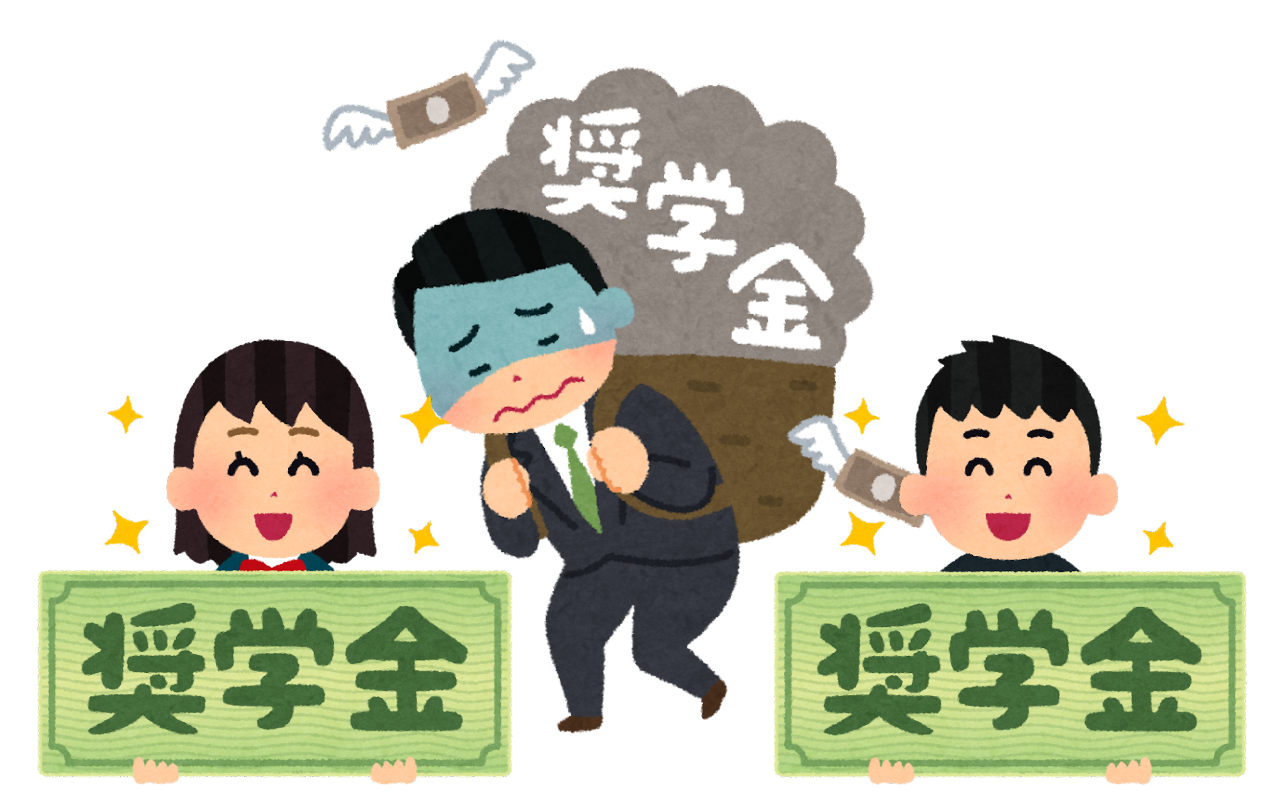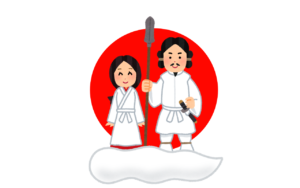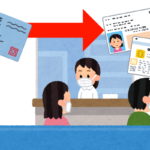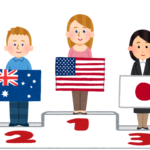
Since the bursting of the bubble economy in the 1990s, the Japanese economy has remained in a state of stagnation, so much so that it has been referred to as the "lost 30 years.
Prices have not risen during this period, and average wages have rather declined.
Despite this, only the cost of college tuition is rising.
I entered university in 1975, and I remember that tuition at that time was 36,000 yen for national universities, and about 100,000 yen for the private university I attended.There were price increases along the way, but even so, the annual cost did not exceed 150,000 yen. So I was able to pay my own tuition for my third and fourth years of college with part-time work in the spring and summer.
Last year, in 2021, tuition at national universities was approximately 540,000 yen, and adding approximately 60,000 yen for practical training, the annual tuition was 600,000 yen, a 16-fold increase.
Looking at the university from which I graduated, tuition is 750,000 yen, facility fees are 170,000 yen, and educational enhancement fees are 40,000 yen, for a total of 960,000 yen per year. Although the increase in price is smaller than that of national universities, it is still 6.4 times higher.
If a student attends a local university, he/she can manage to pay the amount with his/her parents' income, but if a student from a rural area goes to a university in the Tokyo metropolitan area, he/she will have to pay at least 70,000 to 80,000 yen for housing, which is calculated to be 2 million yen per year.
With two children of the same age, it would be completely impossible on a typical office worker's salary to cover school expenses.
Because of this, almost half of college students use scholarships.
Scholarships are easy to use because they are borrowed by the students themselves, and interest is not charged while they are in school but is repaid after graduation and employment.
On the other hand, some people feel that having debt is a mental burden when starting out in the workforce.
By the way, what concerns me is the cost of Philippine universities.
In the Philippines, education is compulsory until graduation from high school, and tuition is free as long as students go to public schools.
However, it is common for the wealthy to send their children to private schools with high tuition but good education, and it seems that the typical career path is to graduate from a private high school, enter a famous national university or private university, and then enter a major company with high income and become a manager.
I don't know if my wife is thinking that far ahead, but she wants our children to go to private school.
Tuition fees for private high schools do not seem to be that high, but when it comes to universities, tuition fees are quite high. Annual tuition at private universities ranges from 150,000 to 250,000 pesos (depending on the university and department), or 360,000 to 600,000 Japanese yen.
It is still cheap compared to Japan, but ridiculously expensive considering the income of the average Filipino.
Since the house I am building now is in a rural area of Cebu Island, I have to be prepared to spend quite a bit of money for living expenses such as dormitory fees in addition to school fees.
We want our two children to go to college at least, so we are thinking that we need to start preparing for school expenses now.
If possible, we would like our children to have an environment in which they can focus on their studies during high school and go on to a national or state university that does not charge tuition.
I found out that there is a scholarship system in the Philippines, and most of them seem to be of the benefit type that does not require repayment, so I will consider using such a system as well.









